Surviving Your First Year of Renting: Lessons Every 20-Something Should Know
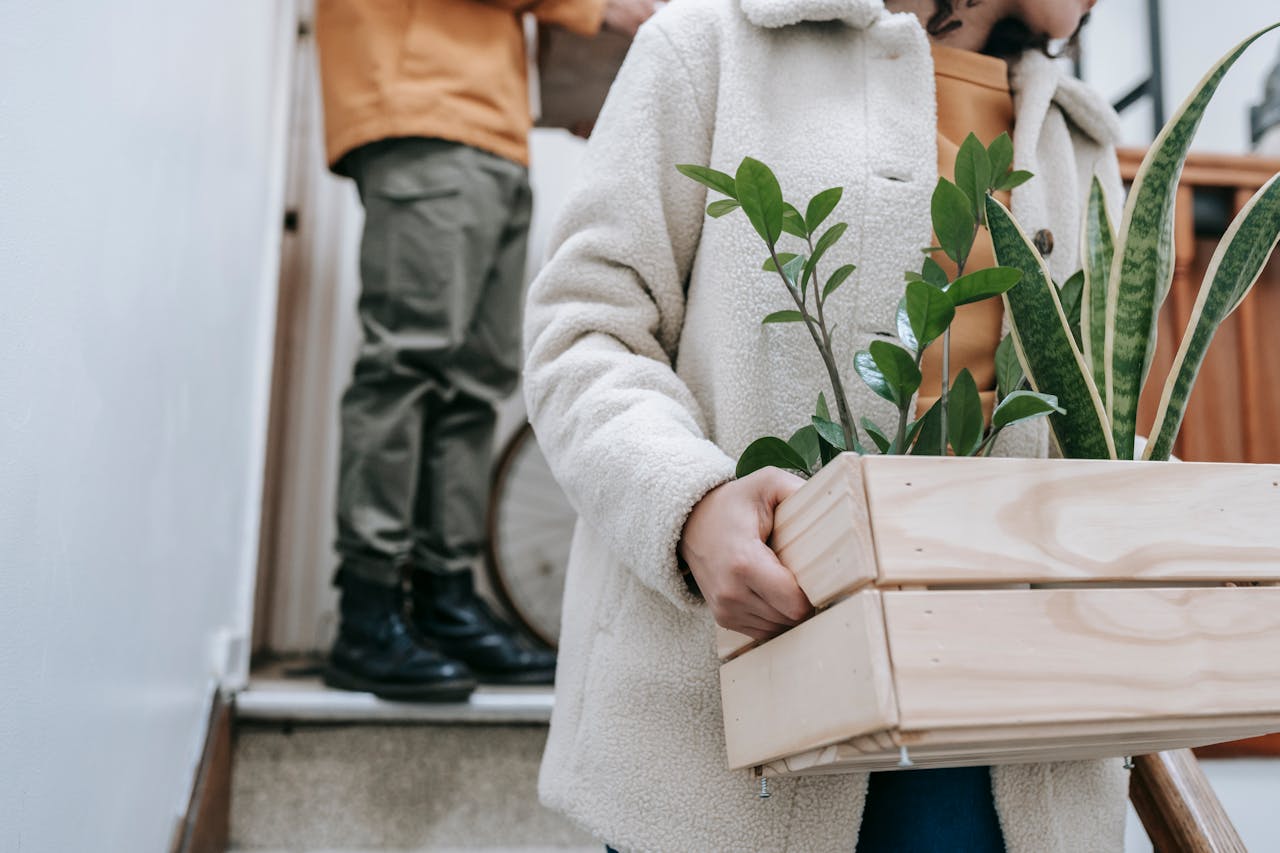
Renting your first place is a major milestone in your twenties, but it comes with a steep learning curve. From understanding lease agreements to managing utilities and navigating roommate dynamics, there’s more to renting than just finding a place to live. The excitement of newfound independence can quickly be overshadowed by unexpected challenges, especially if you’re not fully prepared. Whether you’re about to sign your first lease or have just moved into your new space, this blog will guide you through the essential lessons every 20-something should know to make your first year of renting a success—without the stress.
1. Understand Your Lease Agreement
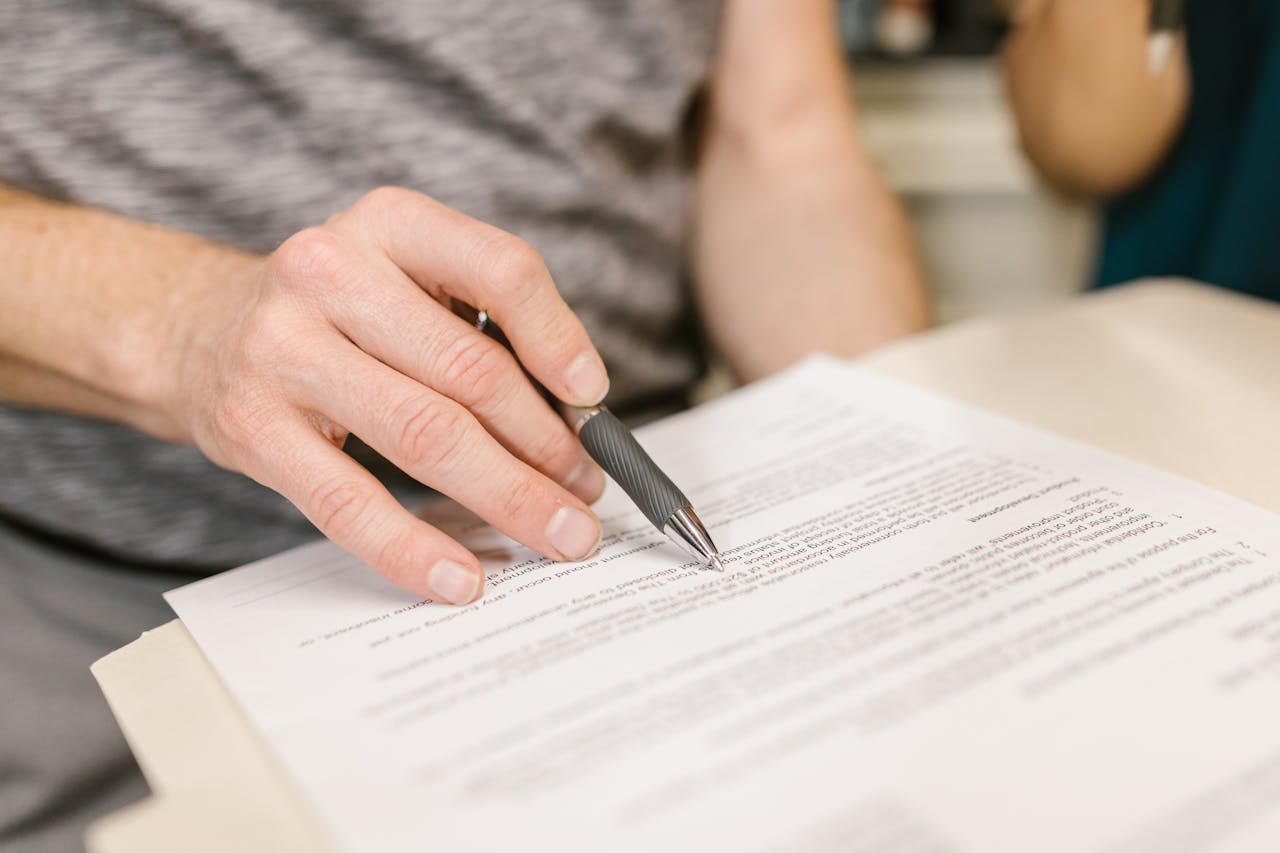
Before signing anything, thoroughly read your lease agreement. It’s not the most exciting part of renting, but it’s crucial. The lease outlines your responsibilities and rights, from rent due dates to policies on security deposits and maintenance. Pay close attention to terms like early termination fees, late payment charges, and pet policies. If you’re unsure about any clauses, ask for clarification. A clear understanding of your lease can help prevent future conflicts with your landlord and protect you from unexpected costs or obligations. Knowing what you’re signing is key to a smooth renting experience.
2. Budget Beyond Rent

Rent might be the biggest chunk of your housing expenses, but it’s not the only one. You’ll also need to budget for utilities like water, electricity, internet, and gas, as well as renter’s insurance. These costs can vary depending on where you live and the season, so plan accordingly. Additionally, you might have move-in expenses such as deposits or furniture costs. To avoid financial surprises, create a detailed budget that includes all these items. Knowing exactly what you’ll need to spend each month will help you stay on track and avoid falling behind on payments.
3. Set Boundaries With Roommates
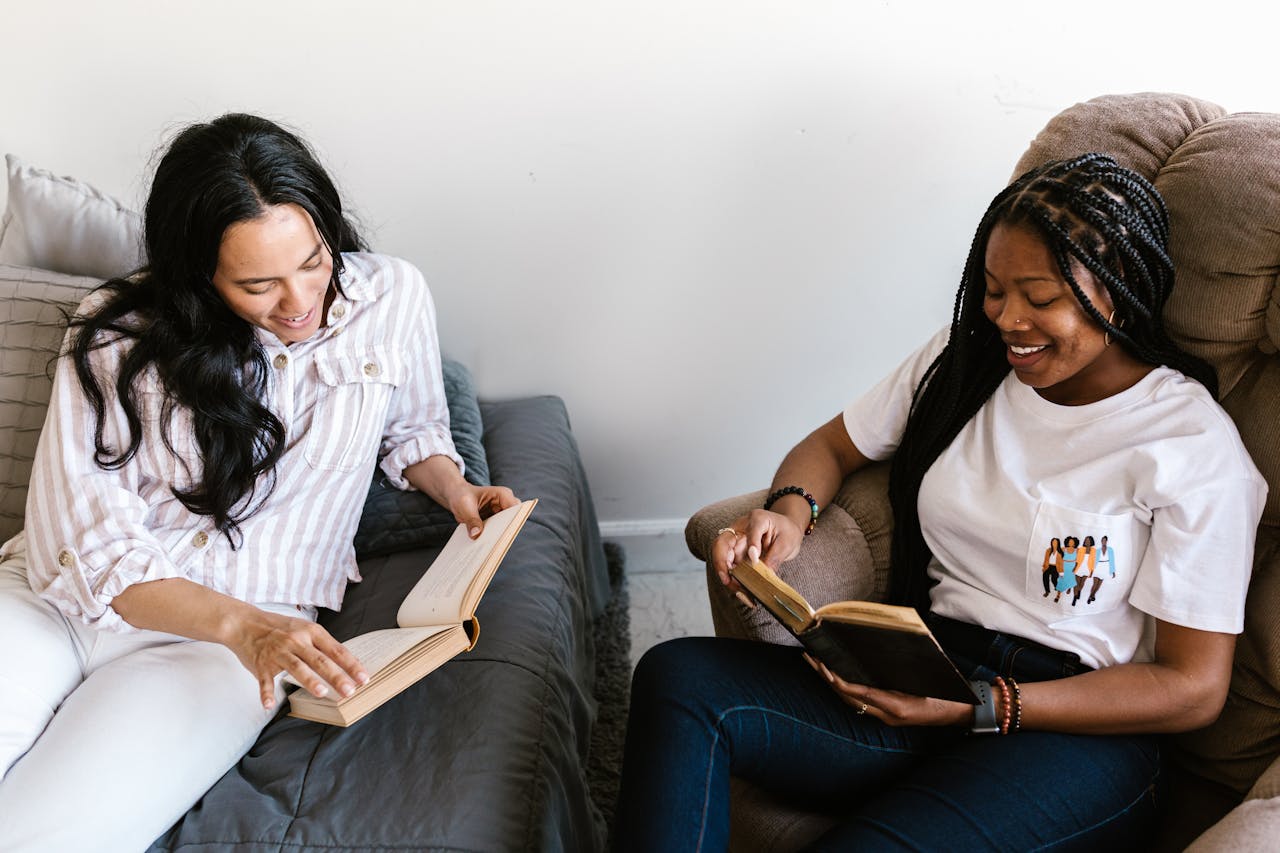
Living with roommates can be fun, but it also requires clear communication and boundaries. Make sure everyone is on the same page about household responsibilities, cleanliness, and sharing common spaces. It’s important to discuss how bills will be split and paid, as financial disagreements can quickly strain relationships. Having regular check-ins to discuss any issues can help avoid long-term tension. Being upfront about your expectations and respecting each other’s space will make the living arrangement smoother and more enjoyable for everyone involved.
4. Know Your Maintenance Responsibilities
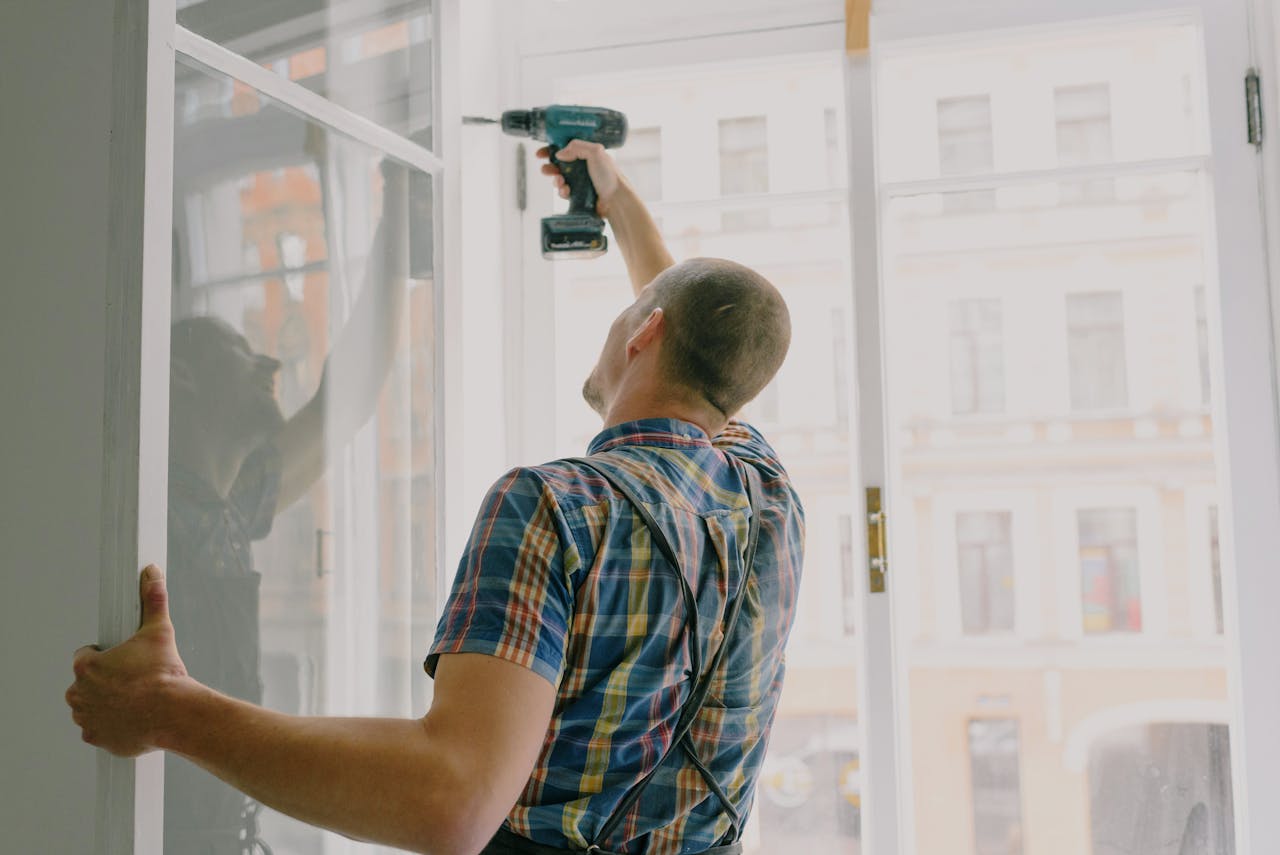
When you’re renting, some maintenance tasks fall on you, while others are the landlord’s responsibility. Review your lease to understand what you’re responsible for, such as changing light bulbs, cleaning filters, or maintaining the lawn. If something breaks or needs repair, report it to your landlord immediately to prevent further damage. Keep records of all maintenance requests and responses. Taking care of minor issues early and understanding your role in upkeep will save you from larger problems later on and help you maintain a positive relationship with your landlord.
5. Protect Yourself With Renter’s Insurance
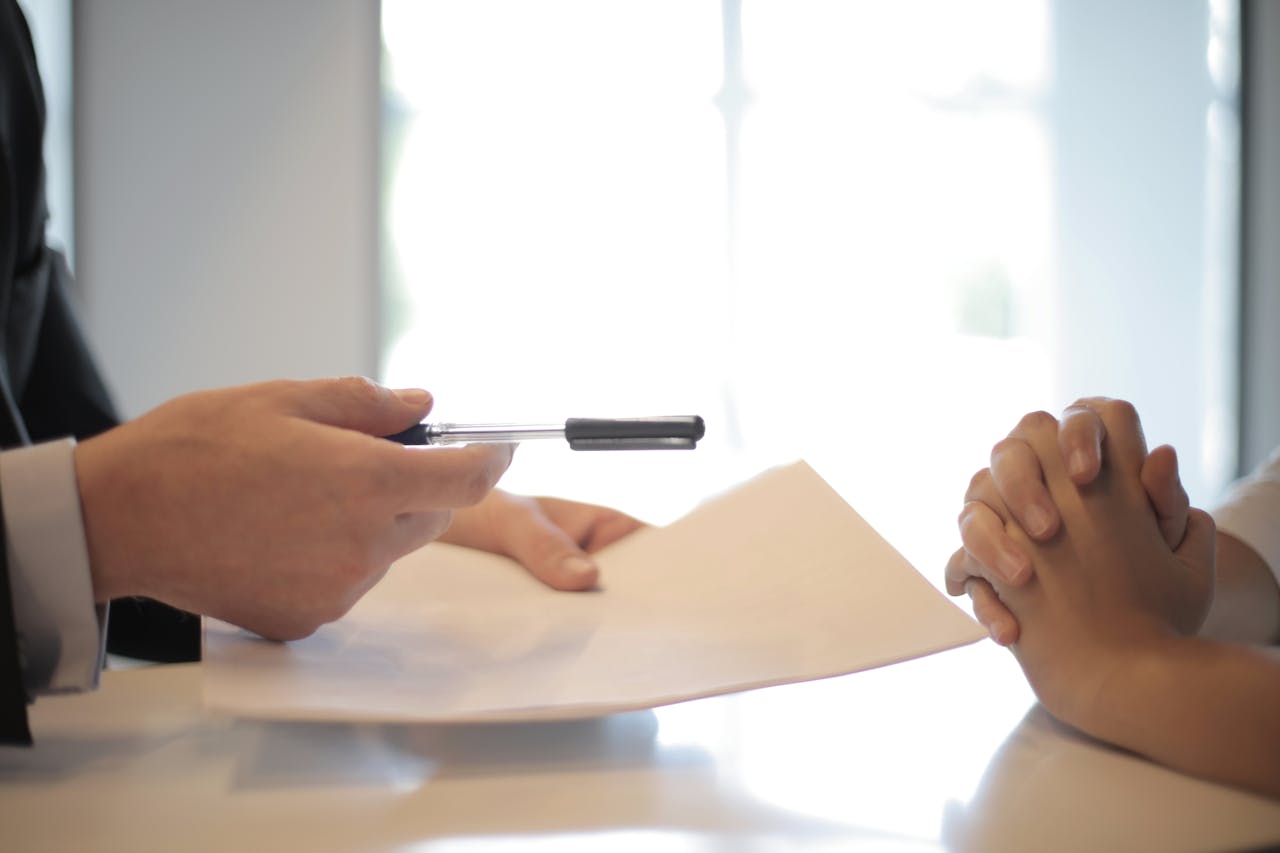
Renter’s insurance is often overlooked but essential. It covers your belongings in case of theft, fire, or other disasters and also provides liability protection if someone is injured in your home. The cost of renter’s insurance is usually minimal, but the peace of mind it offers is invaluable. Many landlords even require it as part of your lease agreement. Make sure to shop around for the best rates and understand what your policy covers to ensure you’re adequately protected from unexpected financial losses.
6. Build a Good Relationship With Your Landlord
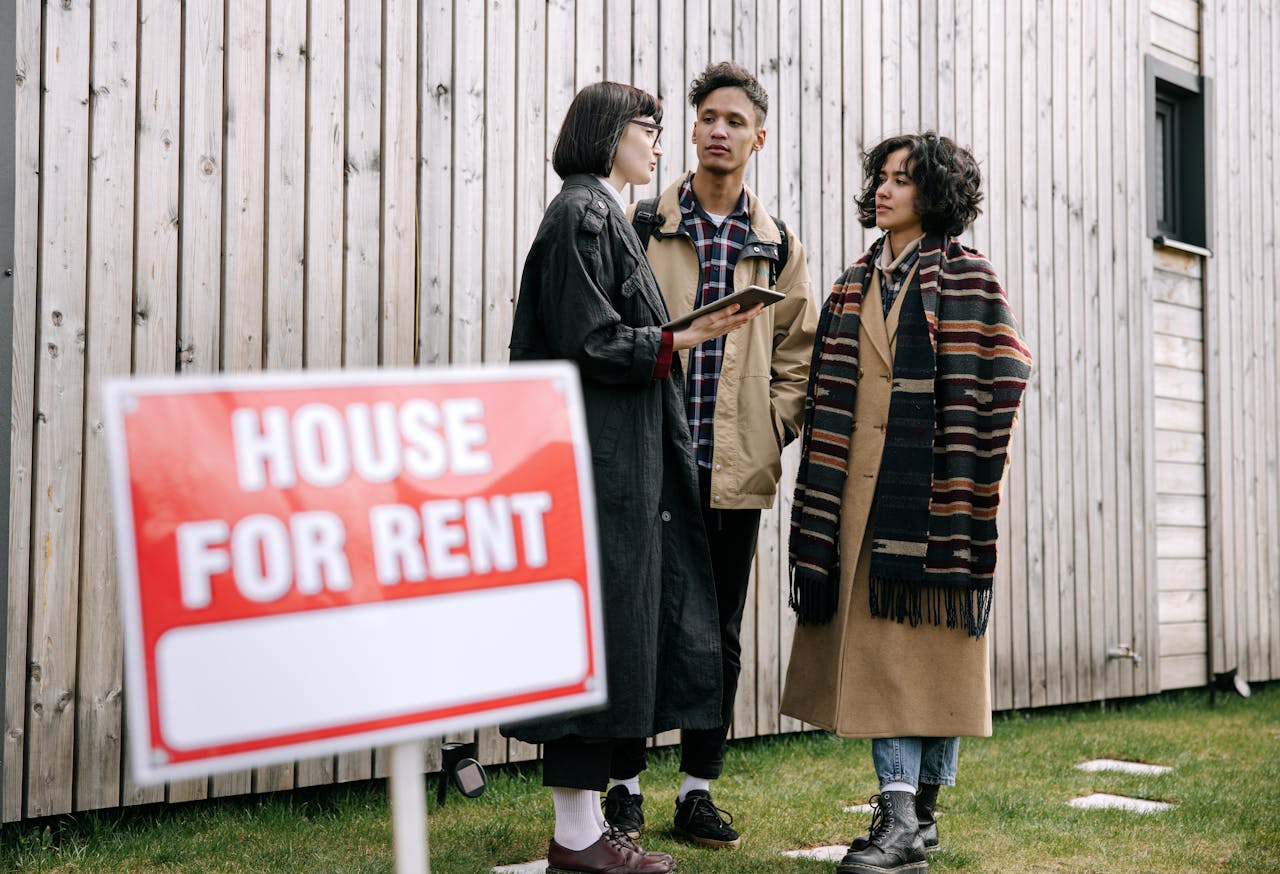
A positive relationship with your landlord can make your rental experience much smoother. Be respectful, pay your rent on time, and communicate any issues promptly. Good landlords appreciate responsible tenants, and keeping the lines of communication open can lead to quicker responses for maintenance requests or more flexibility when renewing your lease. If any problems arise, approach them calmly and professionally. Having a good rapport with your landlord can make life easier, especially if you ever need a favor like extending your lease or making adjustments to the apartment.
7. Stay Organized With Documentation
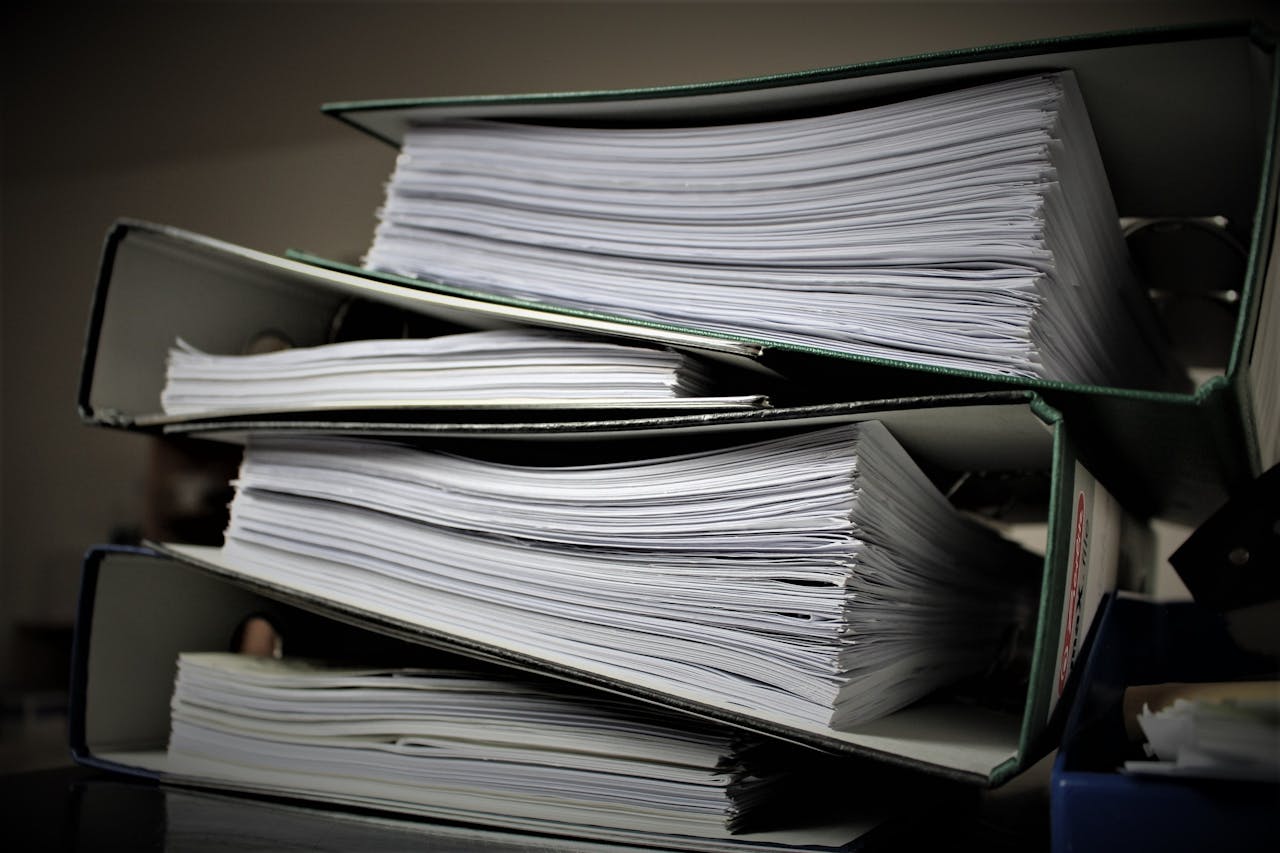
Keep a file of all your important documents related to renting, including your lease, rent receipts, maintenance requests, and communication with your landlord. Having this information easily accessible can save you headaches if any disputes arise. When you move in, document the condition of the apartment with photos or videos and note any existing damage in writing. This will protect you when it’s time to move out and help ensure you get your security deposit back. Staying organized from day one will help you avoid issues down the line.
8. Prepare for Moving Out Early
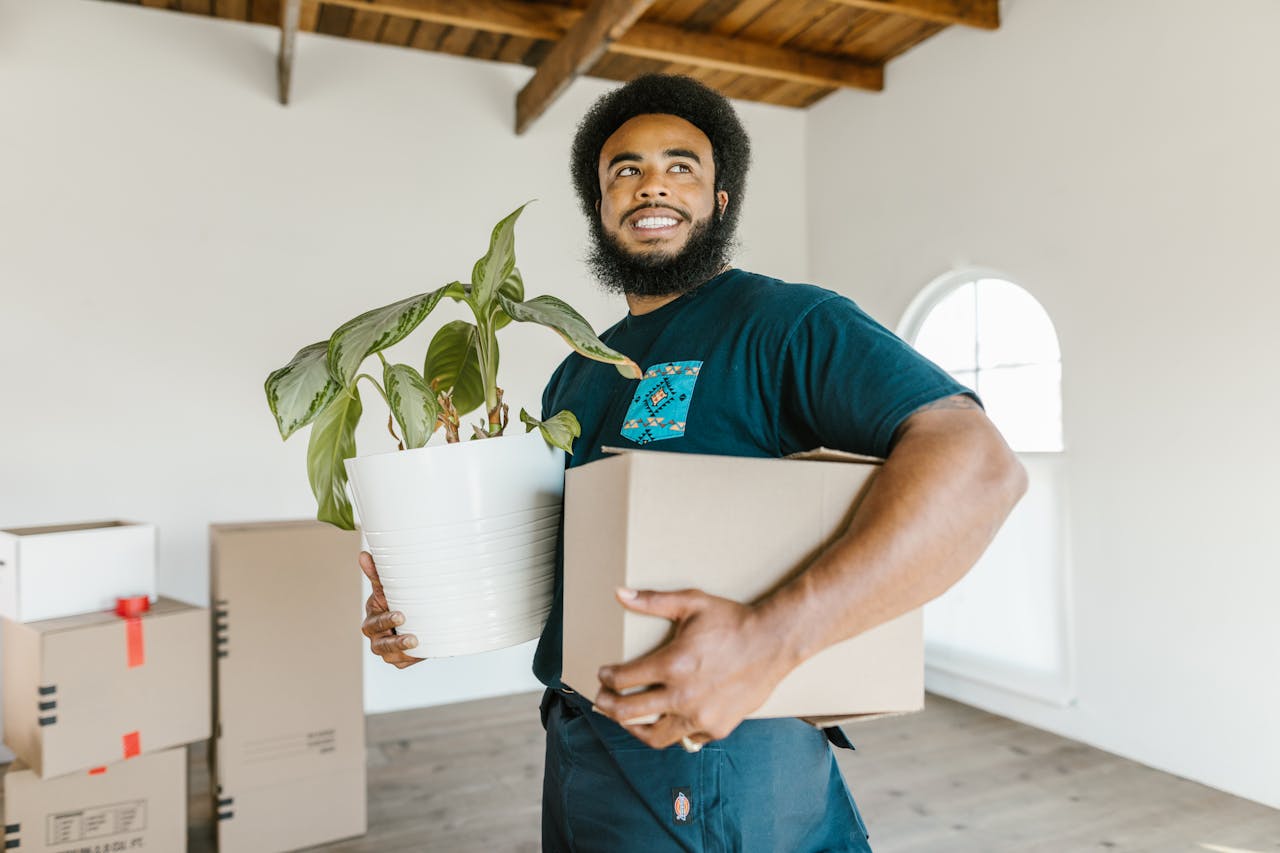
Moving out might seem far away when you first sign your lease, but it’s never too early to prepare. Start by knowing the terms of your lease regarding moving out, such as how much notice you need to give and any cleaning or repair responsibilities. Keep your apartment in good condition throughout your stay to avoid last-minute cleaning marathons or repairs. When the time comes, give proper notice and make sure the apartment is in good shape to increase your chances of getting your security deposit back without a hassle.
Final Thoughts
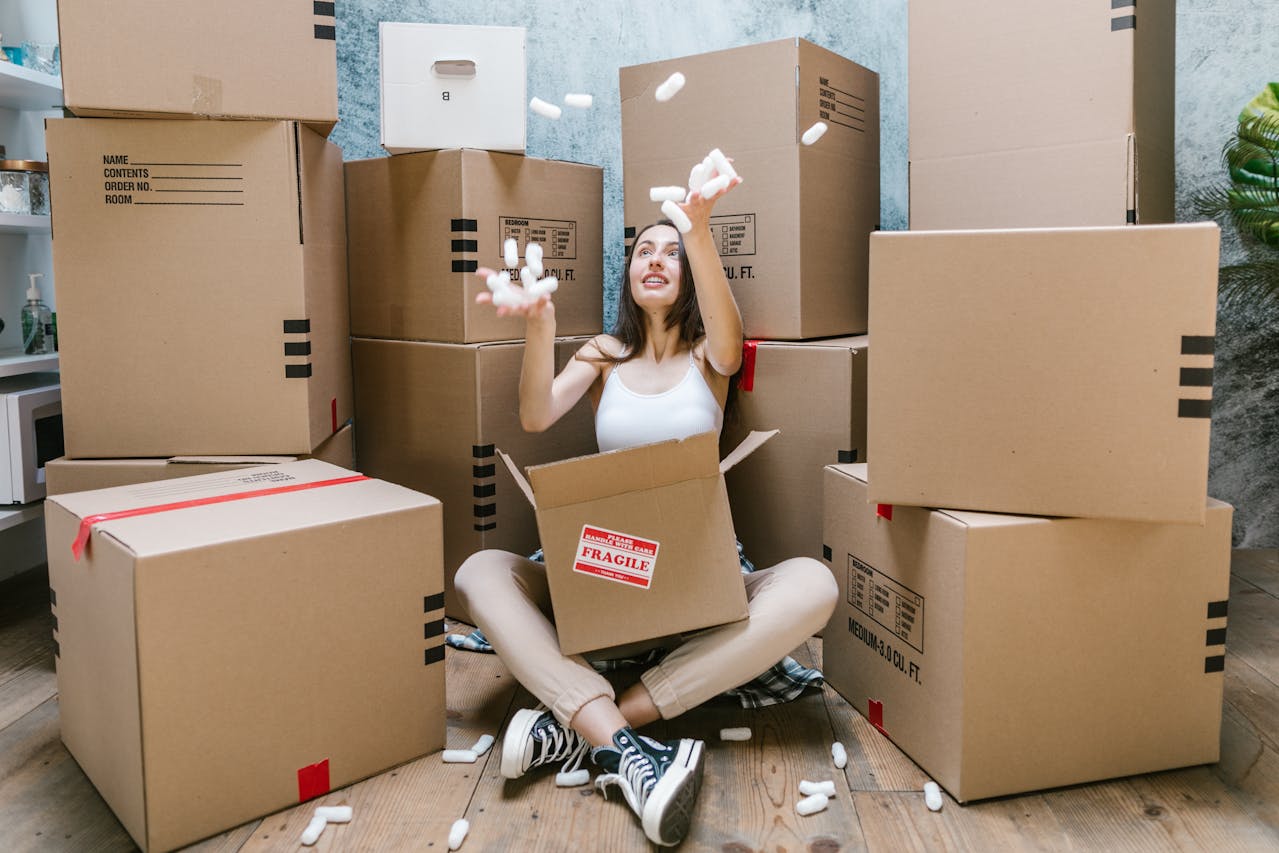
Your first year of renting is an exciting time, but it comes with responsibilities that can easily catch you off guard if you’re not prepared. From understanding your lease and budgeting beyond rent to managing roommate dynamics and maintaining a good relationship with your landlord, the lessons you learn during this time will set the tone for future renting experiences. By staying organized, proactive, and mindful of your responsibilities, you can avoid common pitfalls and make the most of your new living situation. Embrace the learning process—it’s all part of growing into independent adulthood.
Leave a Reply